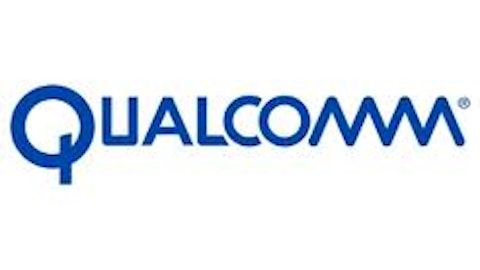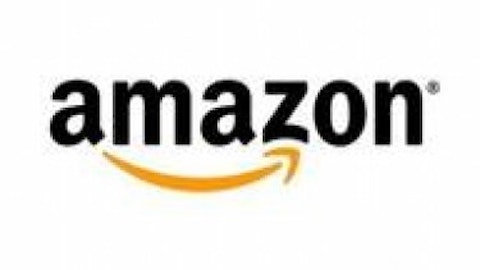The same problem extends to movies and television shows. DVDs and Blu-ray discs are available online through Barnes and Noble, but the company does not sell instant downloads, unlike its two competitors. The Kindle and the iPad (and other Apple products, of course) do allow for one TV show, or one song, purchases and instant downloads. (Note: The Nook does allow for such downloads from third party vendors and apps. However, it is the third party that benefits from the sales of that media, not Barnes and Noble.)
Where Barnes and Noble failed is in keeping up with the demand for media other than books. Amazon’s digital media selection has grown to over 23 million movies, TV shows, songs, magazines, books, audiobooks, and popular apps and games in 2012, an increase from 19 million at year-end 2011. Meanwhile, the Barnes and Noble websites boasts that the Nook provides access to only 3 million books, songs, magazines, and videos.
Don’t Put All Your Eggs in One Tablet
Barnes and Noble invested heavily in the Nook to be its saving grace. But now the e-reader market is on the decline, while more versatile tablets improve in sales, according to an IHS Inc. (NYSE:IHS) iSuppli Consumer Electronics Special Report.
From 2008 to 2010, e-reader sales (then primarily just the Nook and Kindle) increased from 1 million to over 10 million. In 2011, 23.2 million e-readers were sold.
But now readers aren’t buying the exciting novelty anymore. They are turning to tablets. Tablet shipments will hit 120 million units in 2012 only after two short years of the device being on the market, and 340 million systems are expected by 2016—a magnitude of sales exceeded only by mobile handsets, according to IHS. Comparatively, it is estimated that e-reader sales will fall to 14.9 million units, down a steep 36 percent from 2011- a number foreshadowed by the Barnes and Noble announcement to expect losses in the Nook segment. IHS also predicts a 27% reduction in e-readers in 2013, and only 7.1 million readers to be sold in 2016.
Barnes and Noble put too much emphasis on the e-reader without investing further into the media that consumers wants. Both the Nook and Kindle have evolved to become tablets, but neither has achieved what the iPad has – multi-functional, and business use. The Nook and Kindle, in spite of tablet status, are still considered media tablets. But the iPad is used for a wide range of business applications, in addition to doing everything that the Nook and Kindle do.
In Conclusion
Until Barnes and Noble can begin to meet the consumer desire and demand for more music, movies, and television- and profit from it, it is not a wise investment. Neither the company nor the Nook can compete in today’s media-obsessed market. If the day comes when the Nook can be used as a business tool, and compete against the iPad in the business use market, the company will become a force with investing in again.
The article Where Barnes and Noble Went Wrong originally appeared on Fool.com and is written by Erin McBride.
Copyright © 1995 – 2013 The Motley Fool, LLC. All rights reserved. The Motley Fool has a disclosure policy.





